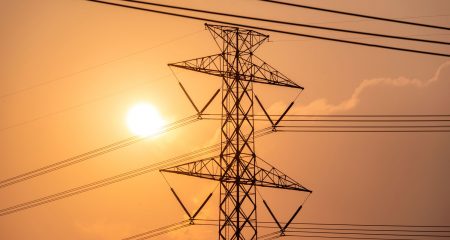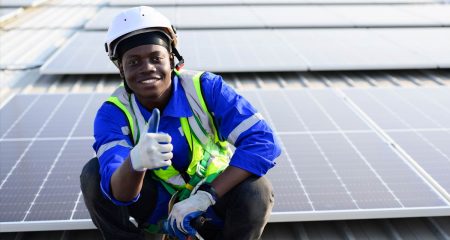 Scores of residents and civic groups protested outside the Civic Centre in the city centre on Saturday against ballooning electricity prices.
Scores of residents and civic groups protested outside the Civic Centre in the city centre on Saturday against ballooning electricity prices.
They want the municipality to amend its 17.6% electricity tariff hike to energy regulator Nersa’s 15% figure. Many people spoke about how the tariff hike has been negatively impacting their lives.
The city said it has already reduced Eskom’s tariff increase of 18.5% to 17.6% for residents. It said Nersa’s recommendation of 15.1% for municipalities would not be sustainable for Cape Town, and would lead to a shortfall in excess of R500-million for 2023/2024 alone.
Nearly 17 000 people have signed a petition for the City of Cape Town to amend its 17.6% electricity tariff hike to Nersa’s 15% figure.
Protestors outside the Civic Centre waved placards that read: “My R10 is just enough to boil eggs” and “I have no food due to high tariffs”.
Peter Lonwabo, Cape Peninsula chair of the South African National Civics Organisation (Sanco), said social grant recipients are the worst affected by the tariff hikes.
“They go around the township begging for money to buy electricity 10 days after they receive their grants. Some residents resort to connecting illegally or tampering with their boxes because they can’t afford to buy electricity,” he said.
Lonwabo said the city has a responsibility to provide free electricity to poor households, particularly those who survive on grants.
Deadline
According to the group’s memorandum, they want the city to take a household’s affordability into consideration when implementing tariff hikes.
The memorandum, however, supported the removal of illegal connections and that electricity must be supplied and metered to all communities.
The group wants the city to respond by 2 September.
In a statement at the weekend, the city said its electricity tariff “is a legal, council-approved tariff in terms of the Municipal Finance Management Act. The Nersa tariff methodology has been declared unlawful by two courts. Having approved an 18.5% Eskom hike, Nersa’s recommendation of 15.1% for municipalities is not sustainable for the city, and would lead to a shortfall in excess of R500-million for 2023/2024 alone.
“The city has been able to reduce Eskom’s 18.5% increase to 17.6% for residents and is the metro offering the most comprehensive protection for subsidised lifeline customers while funding plans to end sole reliance on expensive Eskom power as soon as possible,” it said.
 The city said that it was making “unprecedented investments” in electricity infrastructure maintenance and upgrades worth just under R4-billion over the next three years. “On service delivery, around 80% of electricity outages are fixed in under 3.5 hours for city-supplied electricity customers, and 99.9% of all faults are fixed within national quality of service timeframes,” the statement said.
The city said that it was making “unprecedented investments” in electricity infrastructure maintenance and upgrades worth just under R4-billion over the next three years. “On service delivery, around 80% of electricity outages are fixed in under 3.5 hours for city-supplied electricity customers, and 99.9% of all faults are fixed within national quality of service timeframes,” the statement said.
- A longer version of this article was originally published by GroundUp. It is republished by TechCentral under a Creative Commons Attribution-NoDerivatives 4.0 International Licence. Read the original article




